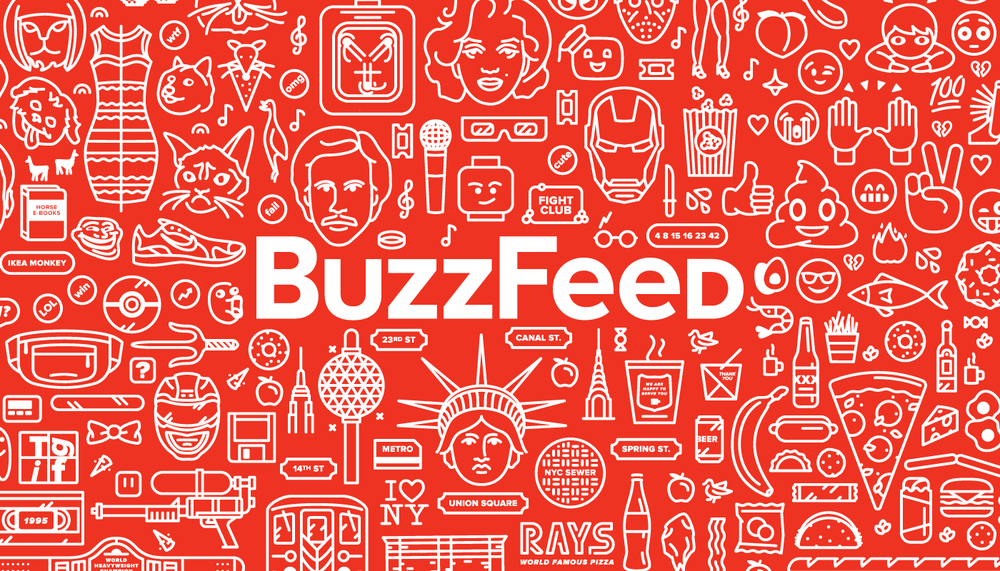BuzzFeed may be home to the latest viral obsessions but does it have potential as a reputable outlet for public relations strategies? While it began as a site dedicated to tracking popular social content, it has quickly grown into a force of nature in its own right. With former Huffington Post chairman Kenneth Lerer and Politico veteran Ben Smith at the helm, it’s making a concerted effort to re-position itself as a news platform. It’s been a rocky road, one riddled with allegations of plagiarism and fake news, but BuzzFeed continues to capture millions of views and comments. A mere mention on its Community Page can boost a brand into celebrity status.
But before you submit your company or client pitch, beware of the following:
Click-bait rules
Maybe you’ve seen the catchy titles on your Facebook newsfeed: “27 Amazing Travel Tips You’ve Never Heard,” “8 Things To Know Before Turning 35,” or “What Disney Princess Are You?” BuzzFeed’s crafty headlines lure you into reading an article that you would have glossed over. The old adages of journalism – don’t sensationalize, maintain neutrality – don’t exist in the world of BuzzFeed. Beware that your news could be embellished – or worse.
Consider the facts (or lack thereof)
Perhaps due to the sheer volume of its posts, BuzzFeed does not thoroughly fact-check a story before publishing, placing it squarely outside the realms of the Fourth Estate. For example, in January 2017, CNN was the first to report on the existence of classified documents relating to alleged Russian information about President-elect Donald Trump. CNN chose not to publish the dossier or any of its specific details because the contents could not be verified. Later that same day, BuzzFeed published all 35 pages in full, adding “unverified” and “includes some clear errors” disclaimers. It was for those exact descriptors that other news outlets chose not to publish the unsubstantiated information, and BuzzFeed was called irresponsible for their choice to do so.
All the viral news that’s unfit to print
What is popular online is not always accurate. Whether intentionally or not, BuzzFeed blurs the lines. On multiple occasions, the media outlet has been accused of taking “cheap shortcuts” and has been referred to as an “unverified piece of gossip.”
For example, BuzzFeed found itself answering for its posts during the 2013 Boston Bombing, when online forums were exploding with theories and speculation about the then-unidentified suspects. While mainstream journalists were exercising normal fact-checking protocol, BuzzFeed was chasing the online viral story. It was during this knee-jerk publishing spree that BuzzFeed inaccurately accused two innocent citizens of the attack, resulting in mass confusion and a smear campaign.
Then, July 17, 2017, BuzzFeed News published an expose story by a music journalist and BuzzFeed contributor about R&B legend R. Kelly, accusing him of running an abusive “cult” that brainwashed women and tore families apart. The next day, The Washington Post, Yahoo News and The Independent followed suit, erroneously repeating hearsay and gossip. R. Kelly and his lawyer have adamantly denied the allegations and stated they would “work diligently and forcibly to pursue his accusers and clear his name.”
Before you submit a post to BuzzFeed, consider that the blurred lines of BuzzFeed might not be the best place for your brand to get caught.
By Alex Boonstra

